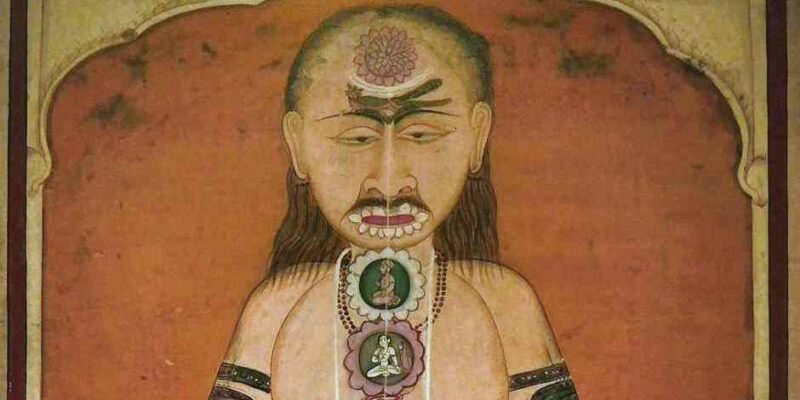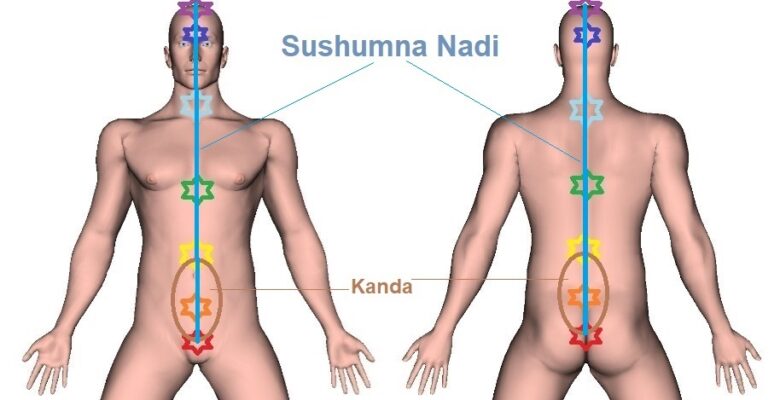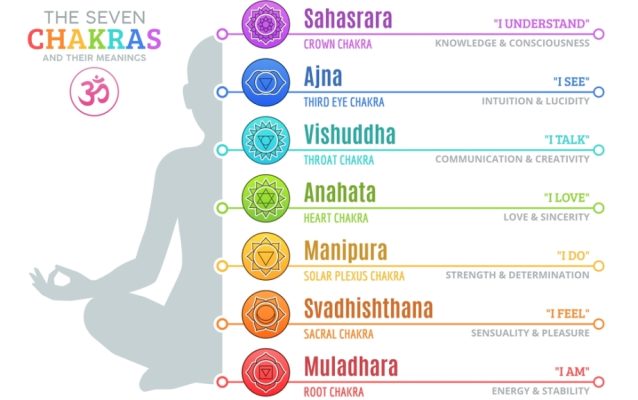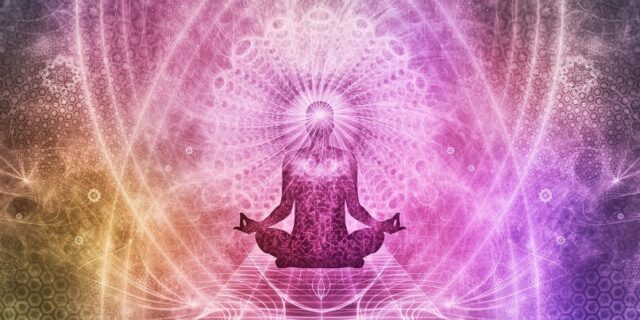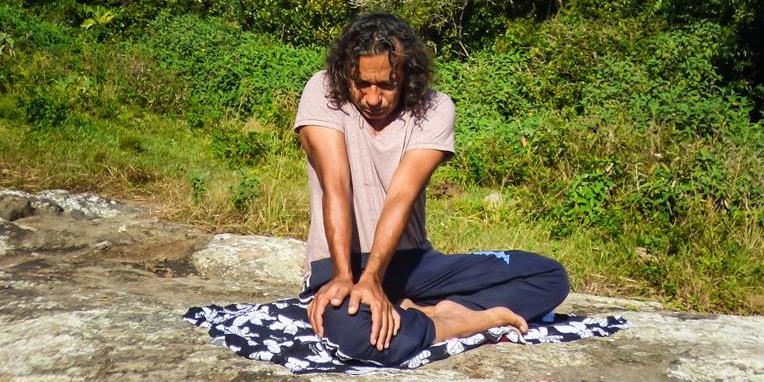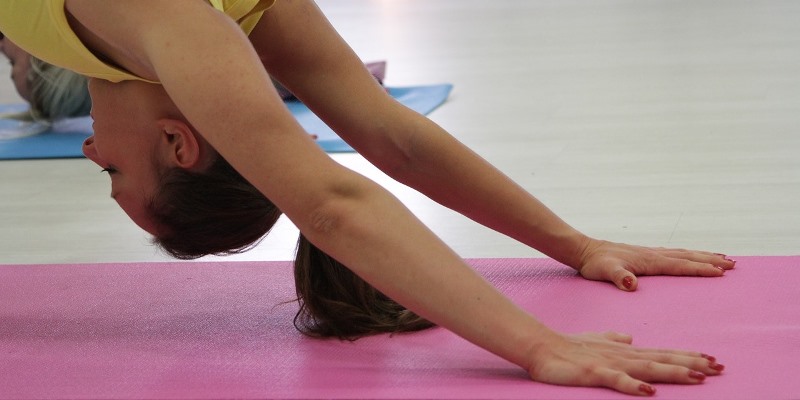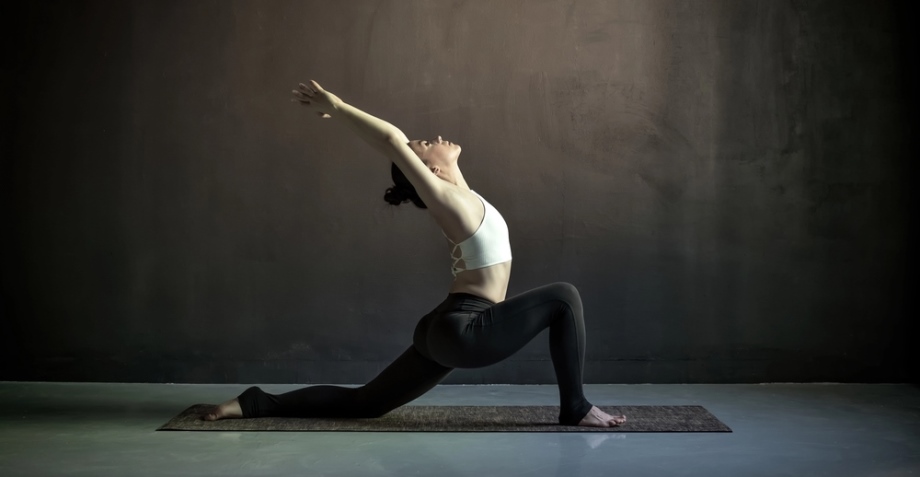
Haṭha Yoga is probably the best known type (or modality) of Indian Yoga, and it’s widely popular, not only in India but also across the globe.
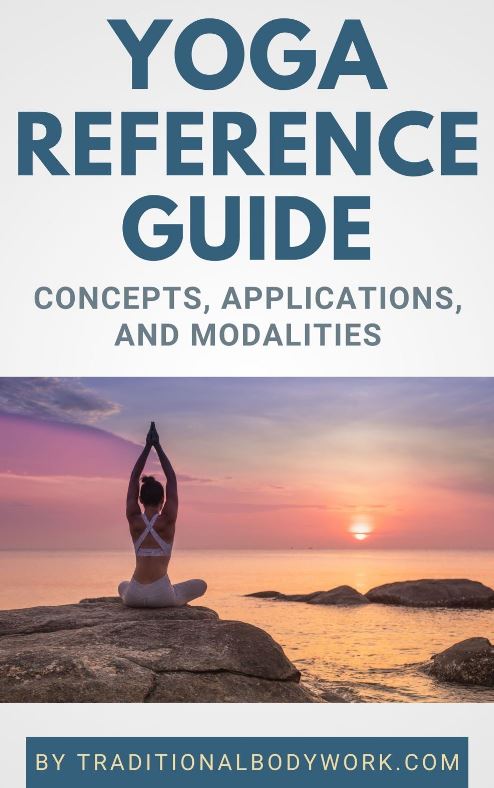
The word “Haṭha” in India can point to different things depending on context, Sanskrit interpretation or Hindu dialect, such as force, forceful, willful, violence, obstinacy, stubbornness, necessity, unexpected gain, killing, blow, among other meanings.
Nevertheless, it’s generally accepted that in the context of Hatha Yoga it rather means “the Yoga of Force” or “the Yoga of Will,” pointing to its more physical methods and techniques, compared to many other forms of Indian Yoga.
The earliest references to Hatha Yoga are found in Tantric Buddhist texts as from the 8th century CE. Around the 11th century, Hatha Yoga got more form and outline in a series of texts, although it was still very much associated with techniques that focused on meditation and achieving spiritual enlightenment, instead of the much more down to earth physically focused Hatha Yoga we know today around the world.

Perhaps one of the first more complete Hatha Yoga texts is the Sanskrit Hathayogapradipika manual (also written Hatha Yoga Pradipika), compiled by Svatmarama in the 15th century CE. It is a compilation and synthesis of earlier Hatha Yoga knowledge and texts.
The Hatha Yoga practice primarily consists of performing Asanas (Yogic postures and positions), Pranayama (breathing practices), Mudras, Bandhas, Shatkarmas, and Meditation, and focuses on mastery of the body, which also includes working with the Chakras, Kundalini energy, Yoga Nadis (energy channels) and Marma points (energy points).
Today, Hatha Yoga is very often only practiced as a form of physical exercise, although, depending on lineages, teachers and practitioners, Hatha Yoga may be practiced for physical, mental and emotional healing, spiritual progress, including being a means to profound meditation and finally liberation, Self-Realization, or Spiritual Enlightenment.





